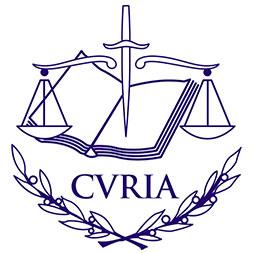Toner News Mobile › Forums › Toner News Main Forums › The European Court of Justice Rules on Trademark Exhaustion in HP Vs. Senetic Poland.
- This topic is empty.
-
AuthorPosts
-
tonerKeymasterThe European Court of Justice Rules on
Trademark Exhaustion in HP Vs. Senetic Poland.
The European Court of Justice (ECJ) has issued a landmark ruling on the issue of trademark exhaustion in the case of Hewlett Packard Development Company LP v Senetic S.A, which concerns the online sale of HP products in the EU.Trademark exhaustion is a principle that prevents the trademark owner from controlling the resale of goods that have been lawfully put on the market with their consent. However, the question is who has the burden of proof to show that the goods have been lawfully put on the market or not.
The case involves Hewlett Packard (HP), a US company that owns the EU trademark for HP, and Senetic, a Polish company that sells HP products online. HP claims that Senetic infringes its trademark by selling products that have not been put on the market in the EU with HP’s consent, but have been imported from outside the EU or are counterfeit. Senetic argues that the products are genuine and have been lawfully acquired in the EU.
The case was referred to the ECJ by a Polish court, which asked the ECJ to clarify the rules on the burden of proof for trademark exhaustion. The ECJ issued its judgment on 18 January 2024, and held that the burden of proof cannot fall exclusively on the defendant (Senetic), as that would allow the trademark owner (HP) to prevent legitimate sales. The ECJ said that the trademark owner must first prove that the goods have been put on the market outside the EU, and then the defendant must prove that the same goods have been imported into the EU with the trademark owner’s consent. The ECJ also said that the national courts must take into account all the relevant circumstances of the case, such as the origin, distribution channels, and packaging of the goods, to determine whether the trademark owner’s rights have been exhausted or not.
The ruling is significant as it clarifies the balance between the trademark owner’s rights and the free movement of goods in the EU. It also provides guidance for online sellers and consumers on how to avoid trademark infringement and ensure fair competition. The ruling is expected to have implications for other cases involving parallel imports and counterfeit goods in the EU.
-
AuthorFebruary 28, 2024 at 5:12 PM
- You must be logged in to reply to this topic.


